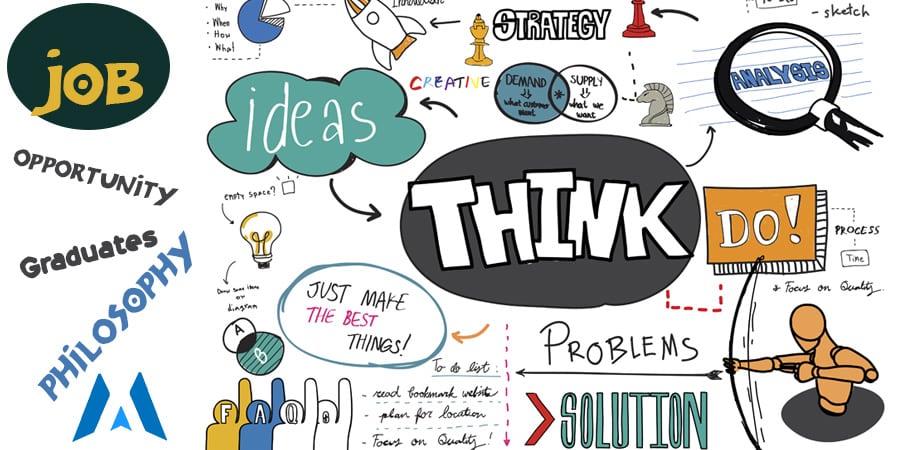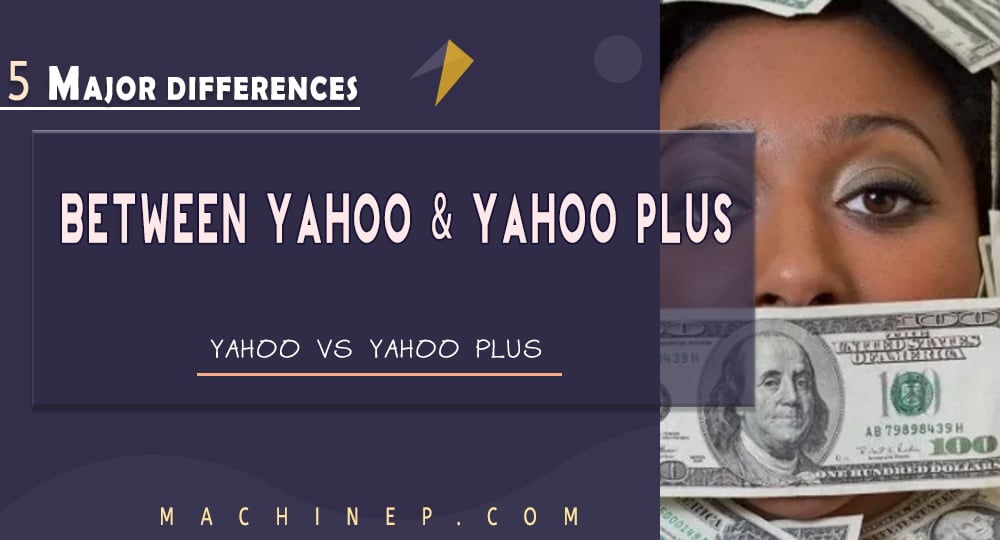Abstract
In contemporary society, a decline in morality often leads individuals and organizations to make unethical decisions when confronted with moral dilemmas.
Moral Philosophy seeks to address this issue by developing Moral Theories that offer different perspectives on how we should live and how to navigate the relationship between what is good for us and what is good for others.
One such theory, Virtue Ethics, takes a normative approach, emphasizing the character of the moral agent. Aristotle introduced the Golden Mean theory as a key element of Virtue Ethics, promoting the idea of finding a balanced middle ground between two extreme vices: excess and deficiency.
This essay aims to illustrate the application of the Golden Mean concept in contemporary ethical challenges, highlighting its relevance and significance, particularly in the realms of business, media, and leadership.
Introduction: The Golden Mean in contemporary society
Aristotle developed two forms of Virtue: Intellectual excellence and Moral excellence. Intellectual excellence, he believed, had no limit, akin to an infinite ladder of knowledge. In this realm, knowledge equated to power, and the pursuit of knowledge was considered virtuous.
In contrast, Moral excellence pertains to human behavior and operates within the spectrum defined by two equally detrimental extremes: excess and deficiency. The Golden Mean, a concept within Moral Virtue, represents the middle ground and a moderate position between these extremes.
For example, to avoid recklessness and cowardice, one should strive for prudently balanced bravery. Similarly, both stinginess and extravagance are regarded as faults, with generosity occupying the Golden Mean that leads to happiness.
The concept of Virtue is deeply rooted in history, notably in ancient times, making it one of the most extensively discussed concepts in Moral Philosophy. Aristotle proposed that to attain Virtue excellence, individuals should live in moderation, striking a balance between the vices of excess and deficiency.
This philosophy gave rise to the Golden Mean theory, which enables the demonstration of ethically desirable attitudes, such as courage, allowing individuals to overcome the extremes of cowardice and recklessness. It is essential to clarify that ‘excess’ and ‘defect’ are not vices themselves but serve to facilitate a coherent understanding of the concept.
The Golden Mean theory holds profound relevance in contemporary society. Many individuals aspire to live virtuously but struggle to find the path, while others gravitate toward vice and the extremes of excess or deficiency due to inherent human tendencies. This inclination towards extremes has contributed to a noticeable increase in immoral behavior within society.
For instance, the relentless pursuit of wealth often leads people into cutthroat economic competition, while a lack of diligence results in extreme poverty. Greed, a vice of excess, and a lack of contentment are likely responsible for the former issue, whereas laziness, a vice of deficiency and a lack of diligence, contributes to the latter.
Happiness has perennially been a subject of philosophical contemplation, both in ancient and contemporary eras. Aristotle’s Golden Mean theory offers a perspective on how to achieve happiness.
He maintained that happiness should not be equated with mere material pleasure or instant gratification. Instead, he argued that happiness should be our primary goal, representing the realization of our true good.
Humans innately seek eudaimonia, the pursuit of happiness. The Golden Mean theory serves as a moral compass, guiding us away from excessive and deficient behaviors on our path to happiness.
In the following sections, we will explore specific instances that underscore the relevance of the Golden Mean theory in contemporary society, particularly in addressing ethical dilemmas across various sectors and striving towards our ultimate goals.
The application of the Golden Mean is not limited to individuals; it can also be extended to organizations. As entities within society, organizations have a responsibility to operate ethically and avoid extremes of excessive and deficient practices. Just as individuals seek balance, organizations must also strive to maintain equilibrium in their activities to ensure their sustainable existence.
Relevance of the Golden Mean Theory in Contemporary Society
In this section, we will delve deeper into the applicability of the Golden Mean theory in addressing contemporary ethical challenges.
The Role of the Golden Mean in Business Ethics
The Golden Mean theory offers valuable insights for businesses seeking to navigate ethical dilemmas and maintain a moral compass in their operations. This section will explore how organizations can use the Golden Mean to strike a balance between excessive and deficient practices.
Media Ethics: Finding Balance in the Information Age
In the age of information, media plays a pivotal role in shaping public opinion. However, ethical considerations are paramount. This section will discuss how the Golden Mean theory can guide media professionals in maintaining ethical standards amidst the digital revolution.
Leadership and the Golden Mean: A Path to Excellence
Effective leadership requires a delicate balance between assertiveness and humility, decisiveness and flexibility. This section will explore how the Golden Mean theory can help leaders excel by avoiding extremes and fostering a harmonious leadership style.
Conclusion: The Golden Mean’s Enduring Significance
In this concluding section, we will reiterate the enduring relevance and significance of the Golden Mean theory in contemporary society. It serves as a timeless guide for individuals, organizations, and society as a whole, promoting ethical excellence and the pursuit of happiness.






I found it to be very informative and thought-provoking. I especially liked the way you explained how the Golden Mean can be applied to different areas of life, such as emotions, decision-making, and relationships. I think this is a very helpful and practical way to think about virtue.
I’m still learning about the Golden Mean, but I’m already starting to see how it can help me to live a more virtuous life. For example, I’m trying to be more mindful of my emotions and to express them in a healthy way. I’m also trying to make more thoughtful decisions and to avoid impulsiveness. I think the Golden Mean can be a powerful tool for self-improvement, and I’m grateful for your article for helping me to understand it better.